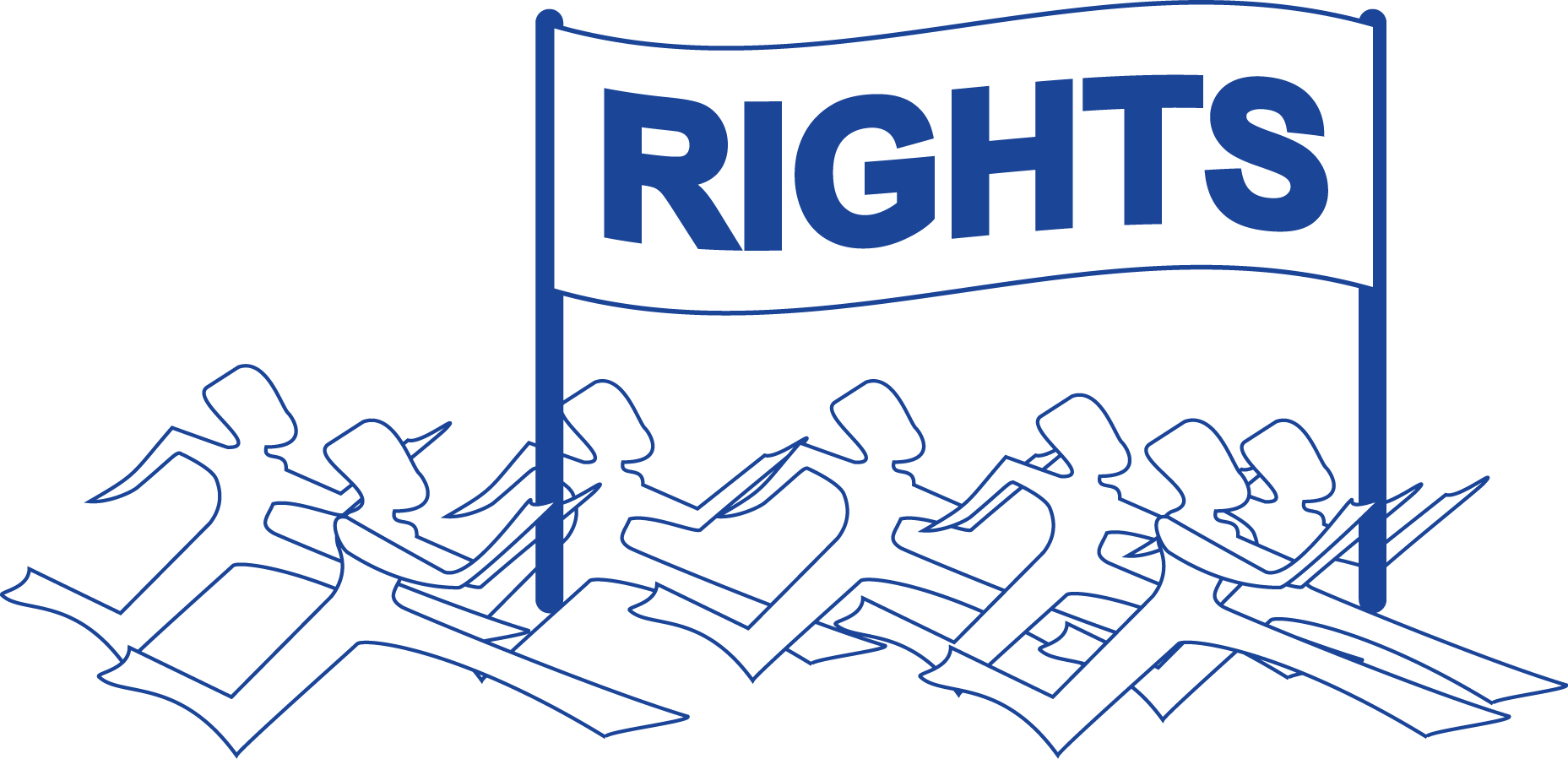The history of political thought points to a persistent belief among men that States ought to guarantee to individuals the enjoyment of a certain number of basic human rights, which constitute the essential conditions of “the good life.”
Rights are those conditions of social life without which man cannot be at his best or give of his best, what is needful to the adequate development and expression of his personality.
ADVERTISEMENTS:
Looked at negatively, rights are those opportunities the absence of which deprives man of something essential. A man without rights, absolutely dependent on the daily caprice of a superior authority, is a slave. All doctrines of freedom, therefore, assume the existence of rights and Laski has aptly said that every “State is known by the rights that it maintains.”
There are certain bare necessaries without which man cannot live a life of his own, They are known as primary wants of life, and the higher needs of social life, for example, the need to have a family, the need to work in order to earn his living, the desire to live with his fellowmen, to express his opinion, and to share one another’s weal and woe.
Nature has, no doubt, given to man certain powers of action to satisfy his wants, but these powers are not devoid of reason. Power without discrimination and reason is another name for force. The basis of force is physical might, and might do not recognise rights. Use of might is not the way of common life, and a common life means a common good.
The life of togetherness aiming at common good demands that each man should exercise rationally his powers of satisfying his wants. He recognises that if he possesses the power to do a thing, so do others possess a similar power. He, accordingly, allows to others what he wishes for himself.
ADVERTISEMENTS:
Rights are, therefore, as Hobhouse puts it, “what we may expect from others, and others from us, and all genuine rights are conditions of social welfare. Thus, the rights anyone may claim are partly those which are essential to every man in order to be a rational human person, and partly those which are necessary for the fulfillment of the function that society expects from him. They are conditioned by, and correlative to, his social responsibilities.”
Life, according to Aristotle, is not merely living but living well. If good life is the | aim of man’s life, then, its pursuit and achievement involves the fulfillment of certain conditions.
It implies that every individual should be conscious of his own good and develop his powers of action to realise it. Secondly, he must be conscious of others and help in creating conditions which lead to the development of their powers of action.
Consciousness of this fact, namely, that individual good can be realised in common with the good of others, is the essence of rights. It is in this context that Laski defines rights as “those conditions of social life without which no man can seek, in general, to be himself at his best.”
ADVERTISEMENTS:
A right thus understood is an essential condition of the individual’s self-development, as it is also a condition of social welfare. In the words of Bosanquet, “We have a right to the means that are necessary to the development of our lives in the direction of the highest good of the community of which we are a part.” This right is recognised and sanctioned by society.

